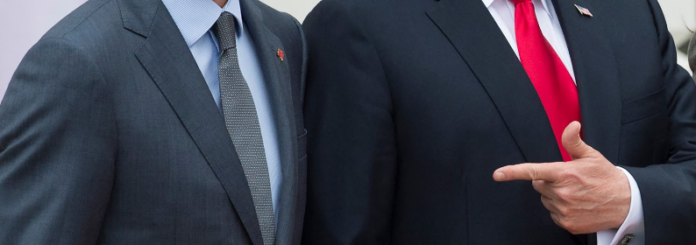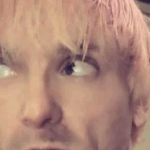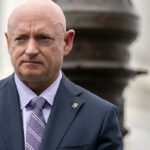
Well, well, well—another one bites the dust. Canadian Prime Minister Justin Trudeau, the once-glossy poster boy of progressive politics, has finally thrown in the towel. And who better to deliver the farewell roast than President-elect Donald Trump? With his trademark bravado and razor-sharp wit, Trump took to Truth Social to bid Trudeau adieu in the most Trumpian way possible: with a mix of mockery, economic analysis, and a sprinkle of geopolitical humor.
“Many people in Canada LOVE being the 51st State,” Trump quipped, setting the internet ablaze. And while the line may have been delivered with a wink and a smirk, there’s a thread of truth running through it. After nearly a decade of Trudeau’s leadership, Canada’s economy is floundering, its immigration system is overwhelmed, and public faith in the Liberal government has hit rock bottom.
Trump’s follow-up remarks didn’t pull any punches either. “Justin Trudeau knew this, and resigned,” Trump wrote, pointing to Canada’s reliance on trade subsidies and the looming threat of tariffs if Trudeau couldn’t get his economic house in order. And then came the pièce de résistance: “Together, what a great Nation it would be!!!”
For years, Trudeau was the darling of the global left—a photogenic leader with a flair for social media and a knack for delivering syrupy speeches about equality, diversity, and inclusion. But while the hashtags were trending and the magazine covers were glossy, Canada’s problems were piling up. Soaring housing costs, skyrocketing crime rates, a health system buckling under pressure, and an immigration influx that stretched resources beyond capacity—it all finally caught up with him.
Canadian Prime Minister Justin Trudeau announces that he intends to resign as party leader and Prime Minister once a new leader is selected.
Trudeau has served as leader of the Liberal Party since 2013 and as Prime Minister since 2015. pic.twitter.com/XAT5CO63Rm
— Yashar Ali 🐘 (@yashar) January 6, 2025
And here’s the kicker: Trudeau didn’t just lose support among conservatives—his own party turned on him. The majority of his caucus called for his resignation, and several top officials had already headed for the exits before Trudeau himself finally read the writing on the wall.
The elephant in the room? Immigration. Under Trudeau’s watch, Canada opened its borders wide, particularly to large numbers of Islamic refugees, a policy that many argue was implemented without adequate consideration for integration, security, or economic stability. Trudeau’s approach mirrored similar policies in Germany and France, both of which are now grappling with growing backlash as their social and economic systems buckle under the strain.
Meanwhile, south of the border, Vice President Kamala Harris learned a similar lesson the hard way. Her catastrophic defeat to Donald Trump wasn’t just about inflation, crime, or Biden’s deteriorating mental acuity—it was about immigration. Millions of illegal aliens poured across the southern border during the Biden-Harris administration, overwhelming cities, draining resources, and creating chaos in communities from New York to Texas.
It’s no coincidence that Trudeau and Harris find themselves in similar political graves. Both wrapped themselves in the warm glow of progressive virtue-signaling while their countries simmered with frustration over unaddressed problems. Trudeau welcomed more people into a system that couldn’t sustain them. Harris stood by as the U.S. border essentially dissolved into chaos. And now, the voters have spoken—loudly and clearly.
As Trudeau prepares to step down, Canada faces a political crossroads. Pierre Poilievre, leader of the opposition Conservative Party, has been hammering Trudeau’s record for years, and if polling holds steady, he’ll be Canada’s next prime minister. Poilievre represents a sharp break from Trudeau’s legacy—he’s focused on economic realism, immigration reform, and restoring trust in Canadian institutions.
And Trump? He’s already laying the groundwork for what could be a major diplomatic reset with Canada. The President-elect knows how critical Canada is as a trading partner, but he also knows that the relationship needs a reboot. Trudeau’s government often clashed with Trump over trade, tariffs, and defense spending. But under a conservative-led Canada, those tensions could ease significantly.
But let’s not kid ourselves—Trump isn’t just thinking about tariffs and trade deals. He’s thinking bigger. His quip about Canada being the “51st State” wasn’t just a joke—it was a signal. Trump understands the strategic value of Canada’s vast natural resources, its Arctic position, and its cultural and economic ties to the U.S. If Trudeau’s mismanagement has left Canadians feeling disillusioned, Trump is more than happy to remind them that there’s another option across the border.








